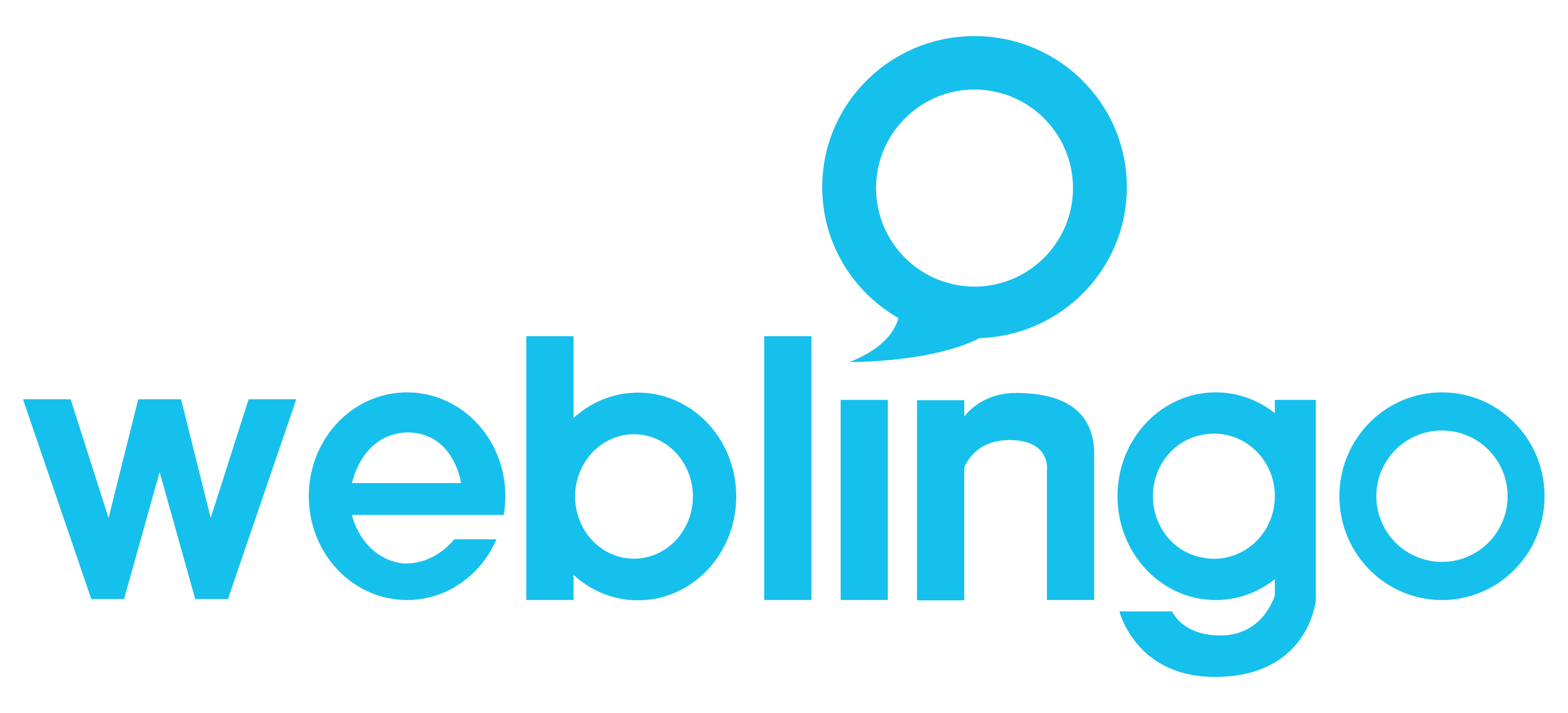We thought it may be interesting to take a look at Google translate and what it really offers users online. It’s a great tool and we want to be able to offer you all the best possible options we can in helping you to communicate effectively around the world.
Google translate is a great for a quick translation of a particular word, or phrase, and bridges a gap of understanding that would otherwise have to be outsourced to an agency like ourselves or a friend with a skill for languages.
We put the following sentence into Google translate to see what the translation would be into Afrikaans.
- Original English:
We enjoy playing in the warm South African sun with our families.
The translation:
- Google translate:
Ons geniet speel in die warm Suid-Afrikaanse son met ons families.
Then we ‘back translated’:
- Back translation:
We enjoyed playing in the hot South African sun with our families.
Grammatical inflections, changes in tone and regional differences can be picked up on by an experienced translator that lives in the respective country and has intimate knowledge of the language. Henceforth, Google translate can help to a certain level, whereas thereafter a tried-and-tested translator is needed. Only language experts can pick up on tonal, regional and grammatical points that are needed to preserve the original meaning of a particular sentence, whilst taking into account idiomatic phrases and . Henceforth, Web-lingo only uses in-country, mother-tongue translators that are university credited and highly experienced in their chosen areas of specialisation. We simply can’t afford to use anything less than the best.
Also, a well-crafted knowledge of idiomatic phrases that can only be created by spending time in a particular culture is very useful. This is something a well-qualified translator would be able to pick up on and localise correctly.
